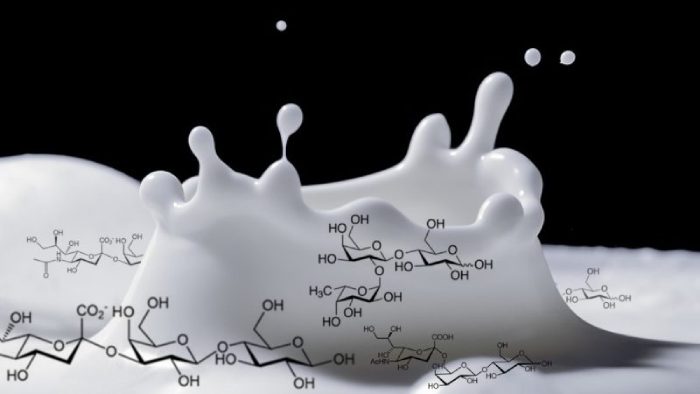FDA Clears IND for Astria Therapeutics’ STAR-0310
Astria Therapeutics, a biopharmaceutical company specializing in developing therapies for allergic and immunologic diseases, has received FDA clearance for its Investigational New Drug (IND) application for STAR-0310. This monoclonal antibody OX40 antagonist is being developed as a potential treatment for atopic dermatitis (AD) and possibly other conditions.
The company plans to initiate a Phase 1a trial of STAR-0310 in healthy subjects in the first quarter of 2025, with early proof-of-concept results expected in the third quarter of the same year. Furthermore, Astria anticipates proof-of-concept results in atopic dermatitis patients by the second quarter of 2026.
Chris Morabito, M.D., Chief Medical Officer at Astria Therapeutics, expressed enthusiasm about the FDA’s acceptance of the IND application for STAR-0310 and the progress it represents for the program. He highlighted the potential of the OX40 mechanism and explained that STAR-0310 was designed to capitalize on the learnings from previous OX40 receptor and OX40 ligand programs.
The company believes that STAR-0310’s high affinity and high potency, combined with low ADCC (Antibody-Dependent Cell-mediated Cytotoxicity), may enable a wider therapeutic window. Additionally, due to its long half-life and potential for disease modification, STAR-0310 could potentially be dosed as infrequently as every six months.
Commentary by YourDailyFit columnist Alice Winters:

Astria Therapeutics’ STAR-0310 represents a significant step forward in the realm of atopic dermatitis treatment, showcasing the potential of targeted immunomodulation in addressing chronic inflammatory skin conditions. The OX40 pathway, a key player in T cell activation and survival, has emerged as a promising target for therapeutic intervention in various autoimmune and allergic disorders.
The development of STAR-0310 as an OX40 antagonist is particularly noteworthy for several reasons:
1. Mechanism of Action: By blocking the OX40 receptor, STAR-0310 aims to modulate T cell responses, potentially reducing inflammation and alleviating symptoms associated with atopic dermatitis. This approach aligns with the growing understanding of AD as an immune-mediated condition rather than just a skin disorder.
2. Improved Therapeutic Window: Astria’s claim of a wider therapeutic window due to high affinity and potency, coupled with low ADCC, is intriguing. If realized, this could translate to improved efficacy with potentially fewer side effects, addressing a common challenge in immunomodulatory therapies.
3. Extended Dosing Interval: The prospect of a six-month dosing regimen is particularly exciting. Such infrequent dosing could significantly enhance patient compliance and quality of life, especially for those managing chronic conditions like atopic dermatitis.
4. Potential for Disease Modification: While many current treatments for AD focus on symptom management, the suggestion that STAR-0310 may offer disease-modifying effects is promising. This could potentially alter the course of the disease rather than merely treating its manifestations.
5. Broader Applicability: The mention of “potentially other indications” hints at the versatility of this approach. Given the role of OX40 in various immune-mediated conditions, STAR-0310 could have applications beyond atopic dermatitis, possibly extending to other allergic or autoimmune disorders.
However, it’s crucial to temper enthusiasm with caution. The road from IND clearance to market approval is long and fraught with challenges. Many promising candidates fail in later-stage clinical trials due to unforeseen efficacy issues or safety concerns. The true test for STAR-0310 will come with human trials, particularly in AD patients.
Moreover, the competitive landscape for atopic dermatitis treatments is increasingly crowded, with several biologics and small molecule inhibitors already on the market or in late-stage development. STAR-0310 will need to demonstrate clear advantages over existing therapies to carve out its niche.
In conclusion, while STAR-0310 shows promise, its true potential will only be revealed through rigorous clinical testing. The atopic dermatitis community will be watching closely as Astria Therapeutics progresses this novel therapy through the development pipeline. If successful, STAR-0310 could offer a valuable new option for patients struggling with this challenging and often debilitating condition.



